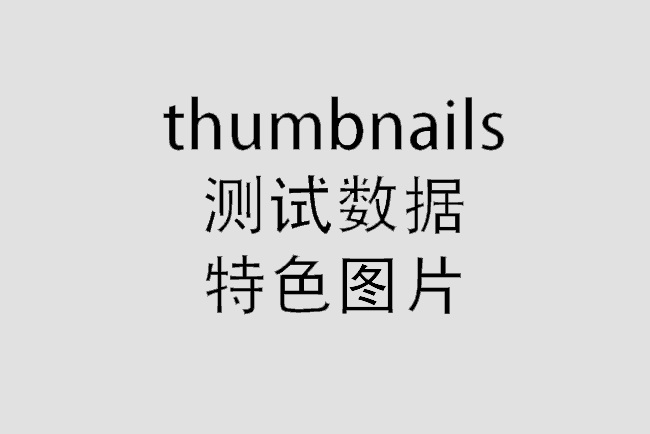Ron Mejia was driving uptown to work. A New York City Cop, everything seemed normal. Spanish music was on the radio. He was recovering mentally from a soccer tournament the previous weekend, still getting back into the pulse and rhythm of the city after a few days in Toronto.
Then, the music stopped, and an announcement blared through the speakers. A plane had hit the World Trade Center. At first, he thought little of it. But a glimpse downtown revealed smoke rising from a faraway block. It took 10 minutes for him to get down there. He remembers the screams and the shouts. But he also recalls the shoes on the ground, the searing heat, the thick smoke.
He was one of two members of the NYPD soccer team to be among the first responders to the attack on Sept. 11, 2001. And still, 25 years later, the events of that day have stuck with him.
“An incident like that will carry forever. You don't want the guys to ever forget or like not think about what happened, or give it or minimize the incident, because we lost a lot of guys,” Mejia said.
In that light, it seems insensitive to talk about soccer. But Mejia says that the beautiful game is, in some ways, the perfect vessel to continue to process this all. He has been part of NYPDFC for over 20 years now, and oversees the team as a whole (he laces up his boots here and there on an as-needed basis.]
But he tends to use the team as a vehicle for togetherness and a way of maintaining that day as part of conscience, both despite of, and because of, all of the pain it brought about.
“The camaraderie just grows and bringing that to football, that's what we always think about,” Mejia said.
And for those involved, NYPDFC is a crucial part of the fabric of their existence as a cop. Mejia has managed the team since 2002, and runs it strictly. It is done entirely on a volunteer basis - and relies on the support and donations of people from around the community.
Practices are always after work - no matter how long shifts are. Tournaments are on weekends, and have to be organized around the rotas that come with the day-to-day of police shifts.
“I give my guys all the credit they deserve. These guys work 12 hour shifts, mandatory overtime… no guys can take off, really. Imagine you go into work at 7 o'clock, and now it's, it's whatever time, and you stay, you make an arrest, or you have a demonstration, you have a parade, and then they make practice,” Mejia said.
The team was founded by a Costa Rican detective, Rudy Blake, who realized in 1988 that the police department didn’t have a soccer squad - despite already having numerous recreational sports in its catalogue. Mejia joined in 1997, with little football experience under his belt.
“I was just a player. I’d never played soccer as much,” Mejia recalled.
He was involved here and there for a few years - a regular participant, if not quite a star player. And then, in 2002, things changed. A player passed away on the field from cardiac arrest. A majority of the team was too heartbroken to continue. Most quit altogether.
But Mejia was determined to keep it going. He took over as manager and began steadily rebuilding the side. The team started to win consistently, and more players joined. Mejia decided it was time to expand. NYPDFC joined the Cosmopolitan Soccer League, home to a number of sides representing local enclaves - and among the oldest semi-professional setups in the United States.
“It's been growing, you know, with the help of a lot of guys on the team. We recruit more players. You know how it is, the more you win, the more guys want to join any team,” Mejia said.
This isn’t an inexpensive venture. There are league fees to think about. Field rentals are an issue in New York. Throw in balls, kits and the other trimmings that come with traveling around the city and beyond, and costs add up.
“The referee fees just went up to $110 for the head ref and $60 for the assistant ref. So imagine every game you're paying for that,” Mejia said.
Mejia is quick to emphasize that the team doesn’t take a cent from the police department, and are run entirely on donations, out-of-pocket fees, and merchandise sales. Travel, too, can get pricey. An upcoming trip to Canada means some players will share hotel rooms, pack extra guys into vans, and split costs on accommodations.
It helps, too, that the team is rather good. They have a number of former Division I college players, as well as ex-pros from around the world. NYPDFC have won the Cosmopolitan League on several occasions. They have found success in international tournaments, too, and have strong rivalries with teams in Toronto and San Francisco.
“The Canadians hate us. We beat Toronto the last two years in a row in the finals,” he said.
But Mejia runs the whole thing on commitment and attitude. Winning comes second. He doesn’t care just about quality or pedigree, he insists. Instead, his team is about showing up at the right time, having the right outlook, getting on with everyone else. Talent helps, for sure, but the guys who get to travel are the ones that show up week in, week out.
“You’ve got to be able to get along with everybody else. No attitudes. I don't like that. Don't trash people, you know? Don't talk down to your teammates. Motivate them,” he said.
But perhaps the most rewarding bit of it all, Mejia said, is the work they get to do in between. NYPDFC talked extensively with the USMNT during their training camp last week in New Jersey. It made a real impact on the team.

